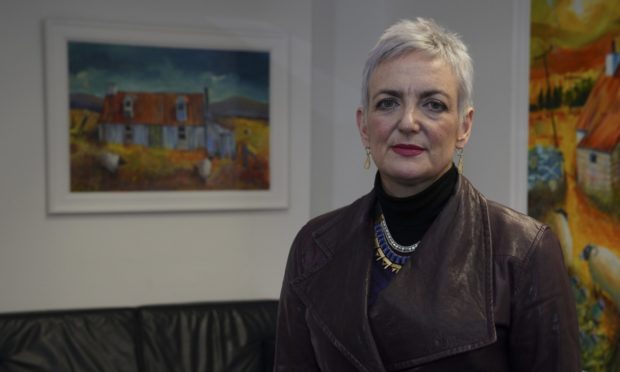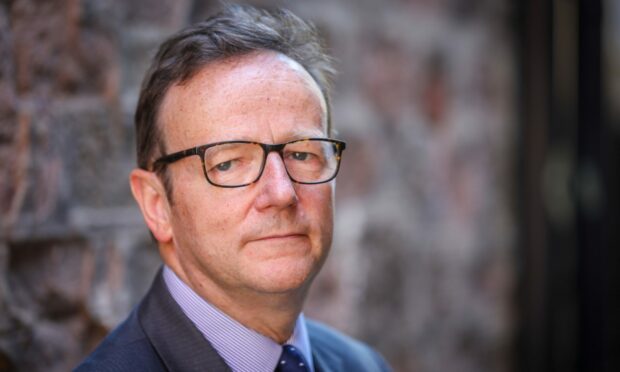Addiction services must be completely overhauled and legislation reformed if Scotland is to tackle its drug deaths emergency.
That’s according to the national Drug Deaths Taskforce, a group established by the Scottish Government to find a way forward on tackling the crisis.
Its Changing Lives report makes a series of recommendations and actions that ministers must take to address the problem.
But it also lays responsibility at the door of First Minister Nicola Sturgeon, who previously admitted her government took its eye “off the ball” on drug deaths.
1 – Funding is ‘woefully inadequate’
The taskforce criticised the government’s current funding commitments.
In 2021/22, £140.7 million was spent on alcohol and drugs in Scotland.
However this is just 0.8% of the overall health and sport budget.
The report says this is “woefully inadequate for this level of public health emergency”.
It adds that the current demand for services “far outstrips” the amount of funding that has been made available.
2 – Targets pushed back by two years
Drugs Policy Minister Angela Constance previously promised 10 new medication-assisted treatment (MAT) standards, five of which were to have been met by April this year.
Some of these standards included same-day treatment and ensuring people receive care for as long as they need it.
However, the Taskforce’s report pushes back the government’s initial targets by two years, saying Ms Constance’s promises were “unrealistic”.
The report puts a new target date of 2024 and says: “The timescale is now a realistic one and it will make a difference introducing all 10 MAT standards in the next two years.”
3 – Fobbing people off needs to stop
One of the biggest challenges the government faces is making sure services supporting those with addiction issues are working together.
Often those seeking help are passed from pillar to post – and this is something Taskforce chairman David Strang says needs to stop.
He said: “Our ‘no wrong door’ idea is really important so that people are not pushed from mental health services to addiction services somewhere else.
“Services should be held to account so that’s why we’re saying about having clear guidance, clear standards and having inspections.”
He added: “If you say to someone to come back in three weeks or six weeks’ time, then that moment when you can help them may have passed and that’s really critical in the treatment of someone with addiction.”
4 – Nicola Sturgeon’s responsibility
As first minister, Nicola Sturgeon has faced the brunt of the backlash to Scotland’s harrowing drug deaths record – and the Taskforce’s report is no exception.
It says: “The first minister has publicly recognised that her government ‘took their eye off the ball’.
“The question now is whether the government will provide targeted funding to enable services to deliver transformational change – not a return to the funding of the past, but an ambitious and radical commitment to making people’s lives better.”
5 – Charities and political rivals sceptical
Some charities have been critical of the recommendations made in the report.
Annemarie Ward from Faces and Voices of Recovery UK said it is a “farce” and warns it will do “nothing” to cut drugs deaths.
Scottish Labour’s drug policy spokeswoman Claire Baker said the report highlights the “woeful” underfunding of services.
And Scottish Conservative leader Douglas Ross said it is “disgraceful” the SNP are pushing ahead with a second independence referendum when the drugs crisis in Scotland is so bad.
He says his party’s right to recovery bill would yield better results than what the Scottish Government is currently doing.
The report itself does also highlight that more can be done under the current devolution settlement in Scotland to tackle drug deaths.



